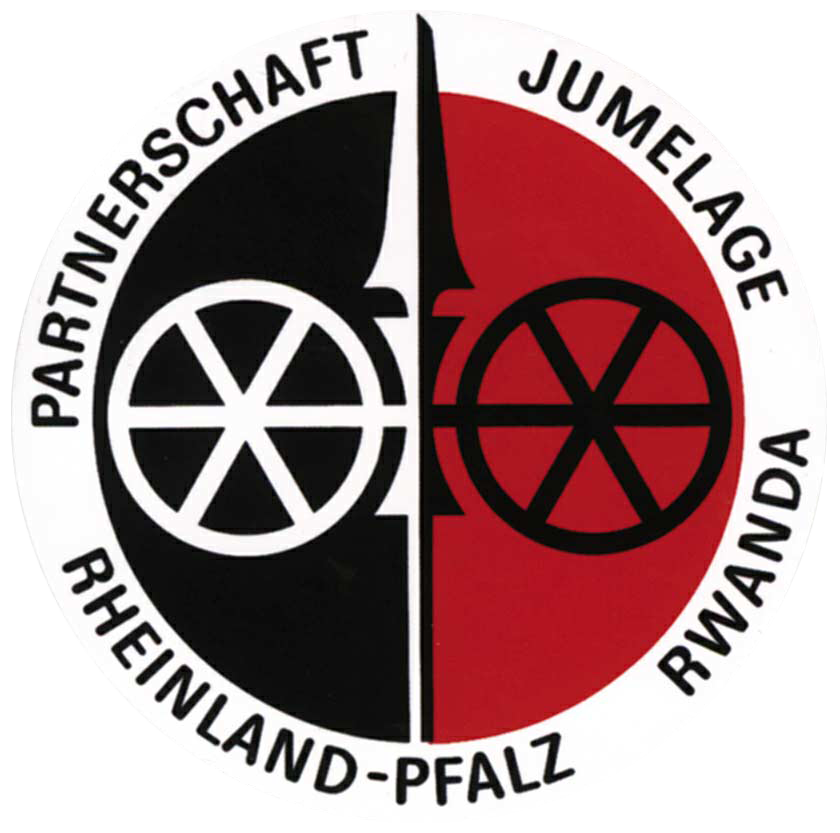Graswurzelpartnerschaft Rheinland-Pfalz – Ruanda
Die seit mehr als 40 Jahren bestehende Partnerschaft zwischen Rheinland-Pfalz und Ruanda basiert auf kommunalen Partnerschaften, die sich auf Schulen, Kirchengemeinden, Hochschulen und Vereine ausgeweitet haben. Über 180 Schulen und zahlreiche berufsbildende Einrichtungen sind vernetzt. Schwerpunkte liegen in Bildung, Inklusion, Sport, Jugendarbeit und Kultur. Die Landesregierung, zahlreiche Vereine, Stiftungen und Einzelpersonen tragen die vielseitige Partnerschaft, welche durch zahlreiche Projekte bereichert wird.
But how does a project in the "grass root partnership" work in concrete terms?
The following principle applies: Not the partners from Rhineland-Palatinate know what is good for Rwanda, but the Rwandans themselves.

1. The Rwandan partner submits a project proposal to the coordination office in Kigali, which includes a brief project description and a first cost calculation.
2. The request is checked by the office staff for purpose, feasibility and compliance with Rwandan regulations, as well as impact and sustainability.

3. If the office is convinced of the project application, it writes an official funding application for the partner in Rhineland-Palatinate with a verified cost calculation.
4. If the Rhineland-Palatinate partner agrees to the application and can finance the project volume from its own resources, it gives the green light to the partnership association in Mainz to carry out the project.

5. If the partner from Rhineland-Palatinate cannot completely finance the volume on his own, he can apply for a grant from the state of Rhineland-Palatinate. If the state agrees to the application, the office of the association in Mainz will also be authorized to start the project.
6. With the receipt of the permission from Mainz, the coordination office in Kigali informs the Rwandan partner.

7. A contract is agreed with the Rwandan partner with a time schedule for the implementation of the project.
8. The coordination office shall accompany the implementation of the project and prepare interim reports on request. The funds will be paid out according to agreed instalments.

9. At the end of the project, the Kigali office will draw up a final report and photo documentation.
10. After examination of the documents in Mainz, the partner in Rhineland-Palatinate receives the documents. The project is hereby considered as completed.
 Partnerschaftsverein Rheinland-Pfalz/Ruanda e.V.
Partnerschaftsverein Rheinland-Pfalz/Ruanda e.V.
